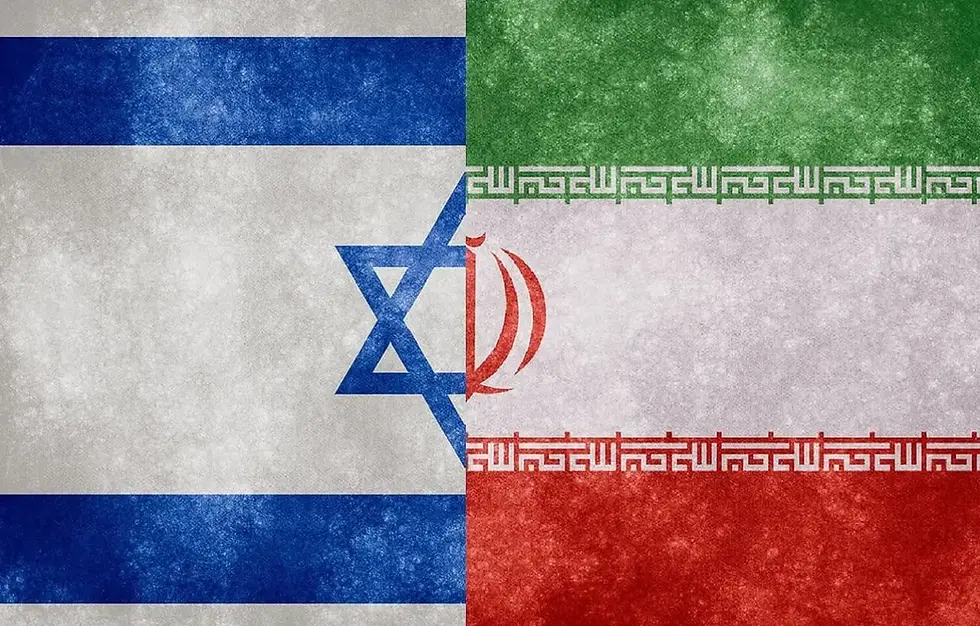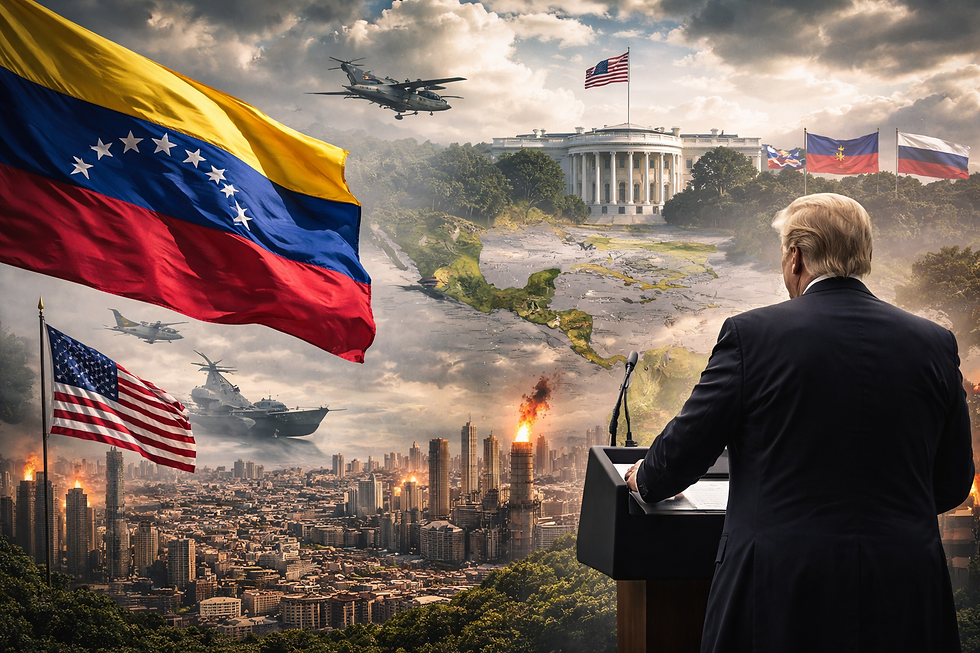Middle East Crisis: Global Implications of the Escalation Between Iran and Israel
- laboratoriio360
- Oct 8, 2025
- 1 min read

The recent escalation of tension between Iran and Israel has once again placed the Middle East at the center of the international agenda. The exchange of direct attacks between the two countries marks a turning point in a confrontation that, for years, had unfolded indirectly through proxy actors.
Iran’s long-range missile strike on Israeli military targets last weekend, followed by a strong Israeli air response over Tehran and other strategic cities, has increased the risk of an open regional conflict. Although the international community has issued urgent calls for de-escalation, events on the ground point to a rapid deterioration of relations and the possible involvement of actors such as the United States, Russia, or China.
Geostrategic Implications
Redefinition of regional alliances: Gulf countries, such as Saudi Arabia and the United Arab Emirates, face pressure to take sides or mediate.
Energy impact: Tensions have pushed oil prices above $100 per barrel, raising concerns in global markets.
Risks for Europe: A prolonged conflict could trigger new waves of migration and increase pressure on the EU’s external borders.
Laboratorio360 Analysis
At Laboratorio360, we observe that this conflict not only reflects a bilateral rivalry but also a clash of power models in the region. The coming weeks will be crucial in determining whether diplomatic channels can contain the crisis or if we are witnessing the beginning of a new phase of prolonged instability.











Comments